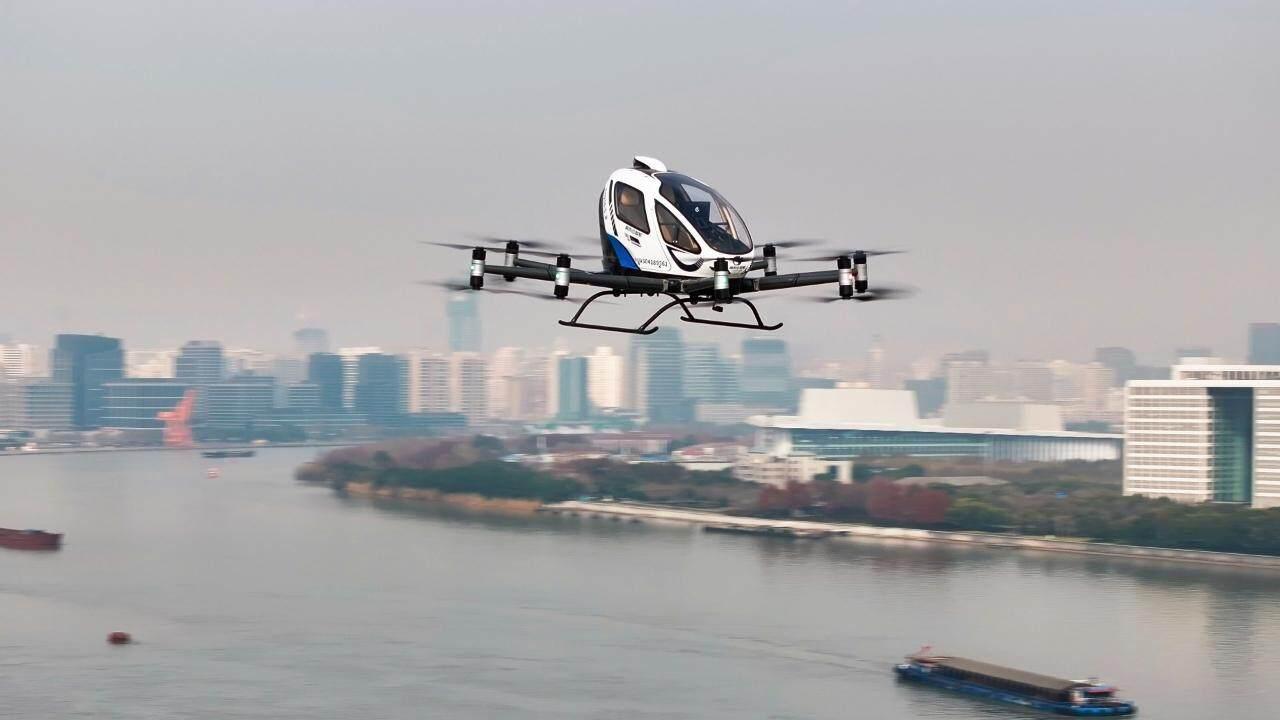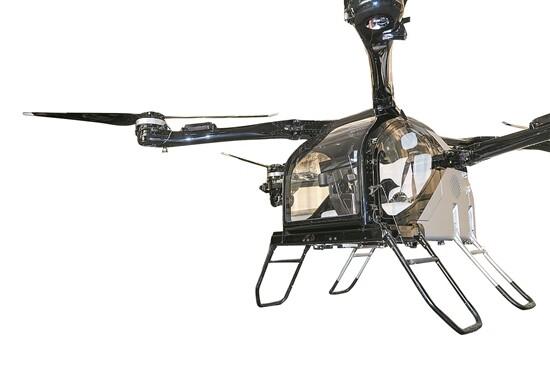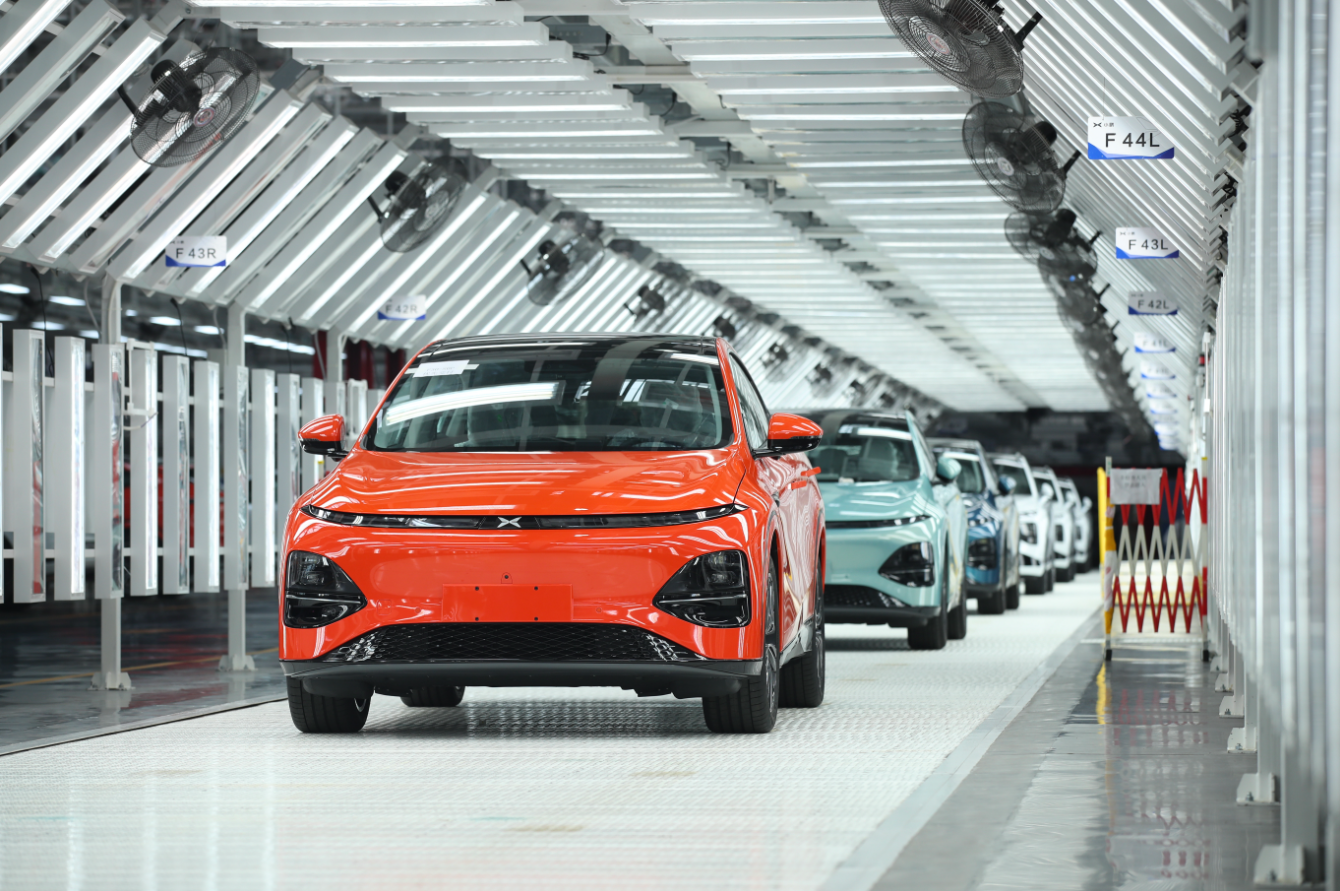
In recent years, the low-altitude economy has emerged as a key arena for future-oriented industries worldwide. On February 5th, the Guangdong Provincial High-Quality Development Conference announced plans to deepen reforms in low-altitude airspace management, establish a comprehensive management and service platform for low-altitude flights, and support Shenzhen in becoming a national-level low-altitude economic demonstration zone.

Jonathan Choi Koon-shum, chairman of the Guangdong-Hong Kong-Macao Bay Area Entrepreneurs Alliance, is optimistic about the prospects of the low-altitude economy and suggested that Shenzhen and Hong Kong pilot low-altitude manned cross-border transportation. Wang Zhao, COO of EHang, believes that the low-altitude economy will see large-scale commercialization in the next five to ten years, with eVTOL aircraft poised to become "air taxis" used in transportation, logistics, and rescue scenarios.

"A complete and seamless safety control system is crucial," emphasized Bao Xiaojun, chairman of Guangdong Naruida Technology. He noted that a robust safety assurance system is essential for the low-altitude economy, and his company is developing multifunctional phased array radars to provide detailed safety guarantees for low-altitude flights.
Guangdong has explicitly proposed actions to cultivate future industries. He Xiaopeng, chairman of Xpeng Motors, revealed plans to enter over 60 countries by 2025 while pushing for the implementationof Level 3 autonomous driving technology. Gao Dapeng, chairman of Desay SV Automotive, stated that the company will actively engage in tackling key technologies for critical chips and components in new energy vehicles and on-board verification, contributing solid support for the high-quality development of Guangdong's new energy vehicle industry.

Liu Jincheng, chairman of Huizhou EVE Battery, believes that the market for new energy products has reached a trillion-yuan scale, and the company is set to maintain high growth over the next three years. He emphasized, "Creating products that others can't replicate is key to gaining a competitive edge in the market."
Source: Lingnan on the Cloud
布局低空经济和未来产业,广东产业抢占新赛道
近年来,低空经济成为全球未来产业的重要赛道。2月5日,广东全省高质量发展大会提出深化低空空域管理改革,建设低空飞行综合管理服务平台,并支持深圳打造国家级低空经济示范区。
粤港澳大湾区企业家联盟主席蔡冠深看好低空经济前景,并建议深港试水低空载人跨境运输。亿航智能COO王钊认为,低空经济将在未来5至10年大规模商业化,eVTOL有望成为“空中出租车”,应用于交通、物流、救援等场景。
“一个完整的、无漏洞的安全管控体系至关重要。”广东纳睿雷达科技董事长包晓军强调,安全保障体系是低空经济的关键,企业正在研发多功能相控阵雷达,为低空飞行提供精细化安全保障。
广东明确提出实施未来产业培育行动。小鹏汽车董事长何小鹏透露,2025年将进入60多个国家,并推动L3级自动驾驶技术落地。德赛西威董事长高大鹏表示,企业将积极参与新能源汽车关键芯片及零部件技术攻关、上车验证,为广东新能源汽车产业高质量发展贡献坚实力量。
惠州亿纬锂能董事长刘金成认为,新能源产品市场已达万亿规模,未来3年企业将保持高增长。他强调:“做出别人无法复制的产品,才能在市场中占据优势。”
文字统筹|羊城晚报记者 丰西西
文字采写|羊城晚报记者 李钢 许张超 黎秋玲 丰西西
图|梁喻 受访者提供
译 | 洪婷
英文审校 | 赵凡
-
Asian Winter Games opens in Harbin with record-breaking scale
2025-02-07 22:42:30 -
Focusing on AI and robotics, Guangdong's industrial development aims for long-term and innovative growth
2025-02-07 22:42:38 -
Poster丨Scenic spots in Shenzhen are immersed in the rich atmosphere of intangible cultural heritage elements
2025-02-07 20:34:36 -
Poster | Lion dance kicks off the journey of the new year
2025-02-06 21:13:44






